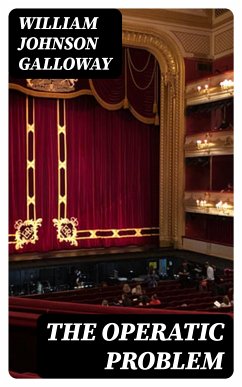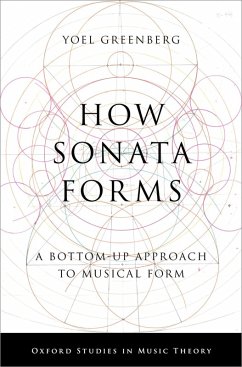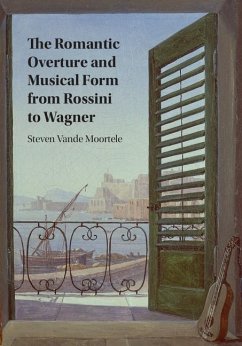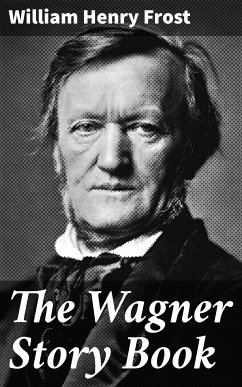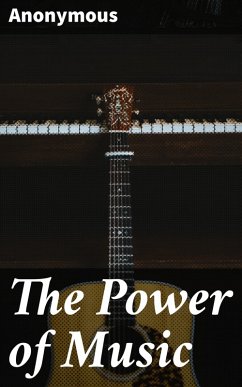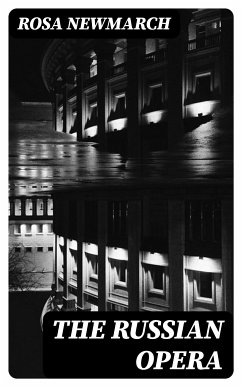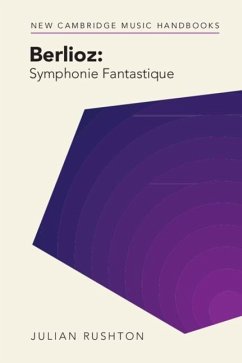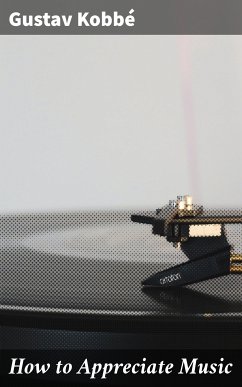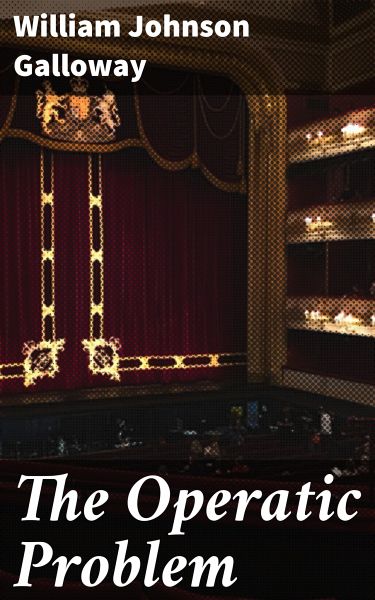
The Operatic Problem (eBook, ePUB)
Unveiling the Artistic Tapestry of Opera: An In-Depth Analysis

PAYBACK Punkte
0 °P sammeln!
In "The Operatic Problem," William Johnson Galloway presents a nuanced exploration of the complexities inherent in opera as an art form. Drawing on a rich literary style that marries critical theory with personal reflection, Galloway interrogates the interplay of music, performance, and narrative in opera. This work is situated within a broader literary context that encompasses both historical and contemporary operatic practices, revealing the tensions between traditional forms and modern interpretations. Galloway's meticulous analysis sheds light on how opera both reflects and constructs soci...
In "The Operatic Problem," William Johnson Galloway presents a nuanced exploration of the complexities inherent in opera as an art form. Drawing on a rich literary style that marries critical theory with personal reflection, Galloway interrogates the interplay of music, performance, and narrative in opera. This work is situated within a broader literary context that encompasses both historical and contemporary operatic practices, revealing the tensions between traditional forms and modern interpretations. Galloway's meticulous analysis sheds light on how opera both reflects and constructs societal values, making it a compelling text for scholars and enthusiasts alike. William Johnson Galloway, an eminent figure in the realms of musicology and literary criticism, delves into the operatic genre through a lens shaped by his diverse academic background and personal experiences. His passion for opera is evident, stemming from years of research and engagement with various musical traditions. This pursuit not only informs his critical insights but also reveals his commitment to understanding the evolving nature of operatic expression in contemporary culture. I highly recommend "The Operatic Problem" to readers seeking a deeper appreciation of opera'Äôs multifaceted nature. Galloway's incisive arguments and engaging prose make this book an essential addition to the library of anyone interested in the intersections of music, literature, and cultural studies.
Dieser Download kann aus rechtlichen Gründen nur mit Rechnungsadresse in A, B, BG, CY, CZ, D, DK, EW, E, FIN, F, GR, H, IRL, I, LT, L, LR, M, NL, PL, P, R, S, SLO, SK ausgeliefert werden.




